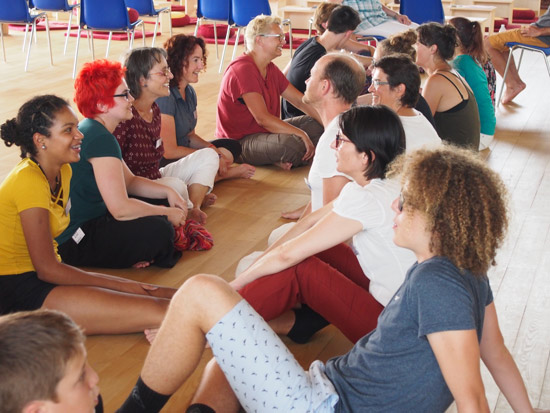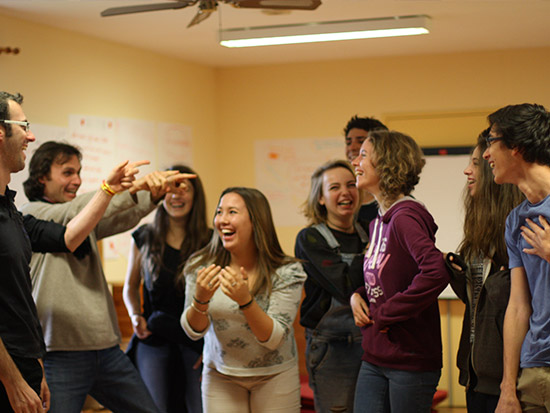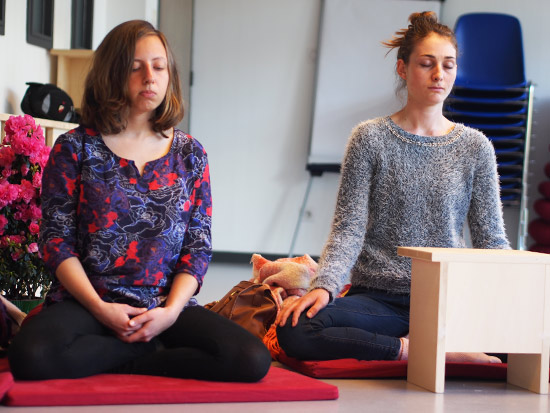Reference point: finding the inner GPS
In response to this discomfort, it could be that we find appropriate methods but it could also be that we find methods that lead us astray. In so much as that happens, it is not so much confusion that is felt but rather the expression of a need that can make things difficult. It could be that we are looking for a way to relax or amuse ourselves in a manner that can lead us in the wrong direction.
As a teen we have to discover and pursue our own way, but for that we need some important instructions or advice. Even if we do not manage to apply it completely, that is not a problem. On the other hand, it is important to know and try to understand this information because with it, when confusion or difficulties arise, as well as happy times, we will not be lost. We will not be stuck in rejection and suffering. We will be able to rely on knowledge as a reference that will help us.
We live among a great many people; how do we choose our own direction? We need confidence in ourselves to discover and pursue our own way. Let’s consider an example which shows how this confidence takes a different direction.
Today, nearly everyone uses a GPS to navigate. Without this tool, we no longer know which road to take and we no longer feel quite so confident. Even going to a place we know, we turn on the GPS. Without it, we do not have confidence in ourselves. The GPS is not bad in and of itself, but it is a good example of how we can render ourselves dependent. In the same way, we can come to depend on other people. This is not about those that are harmful, it may be someone known like a star, an actor, a philosopher or a politician. It could be simply someone we know. This attitude is not bad in and of itself, but it can undo the confidence we have in our own capacities. We transfer our point of reference: it is no longer ourselves but another person that we follow. By doing that, it is as if we lose our own judgement.
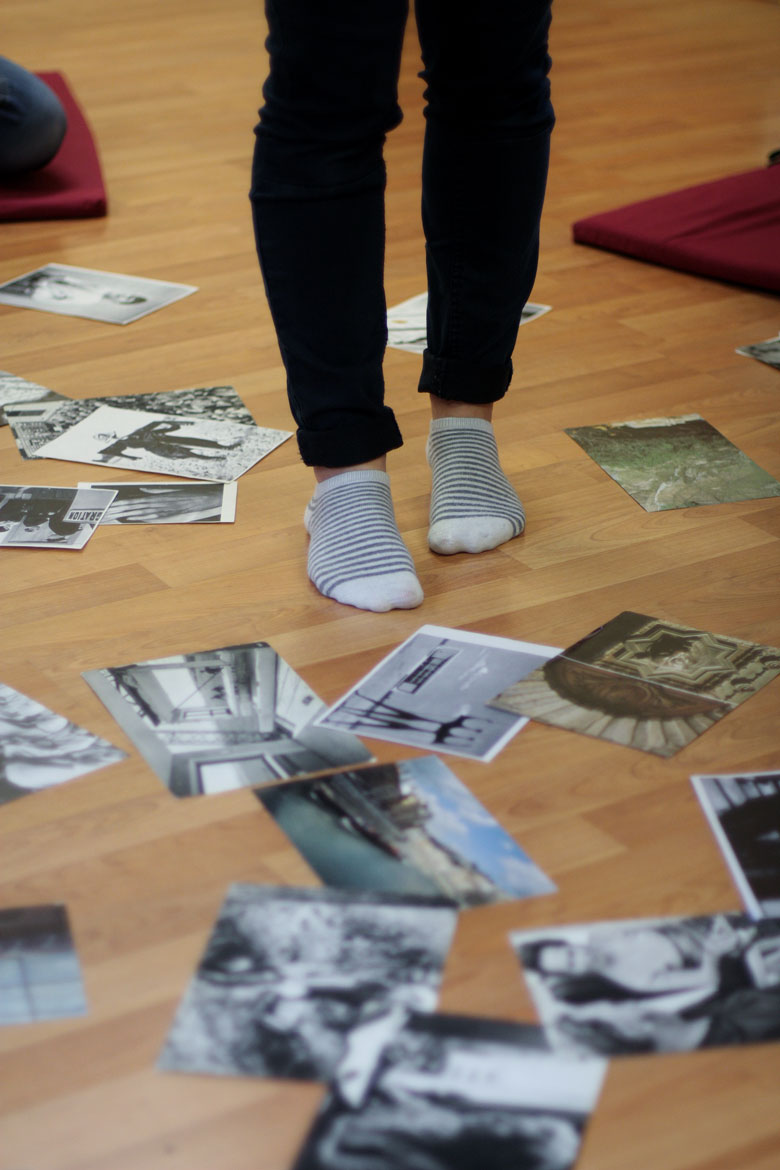
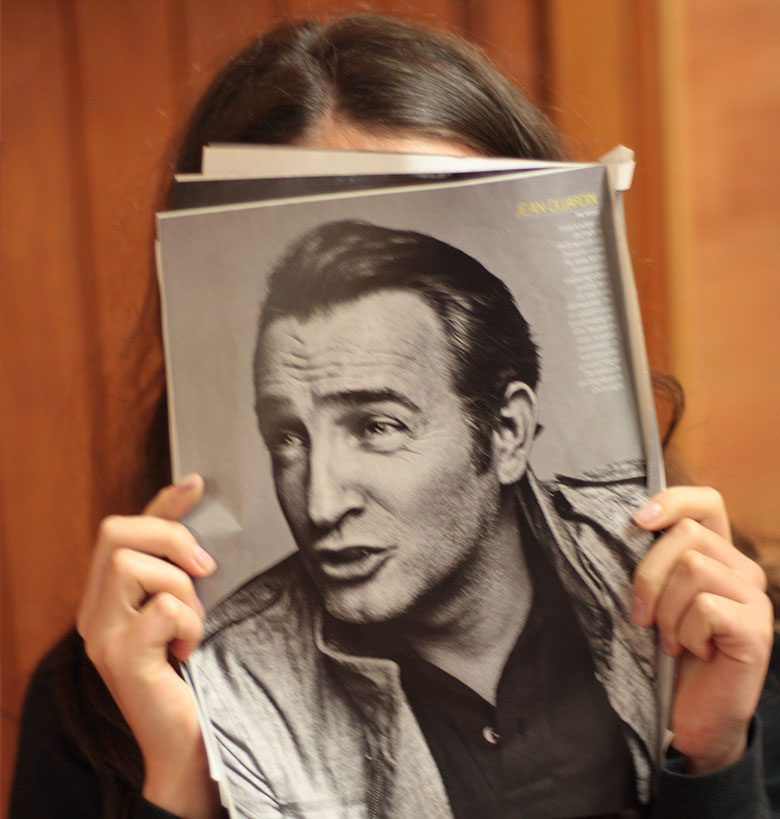
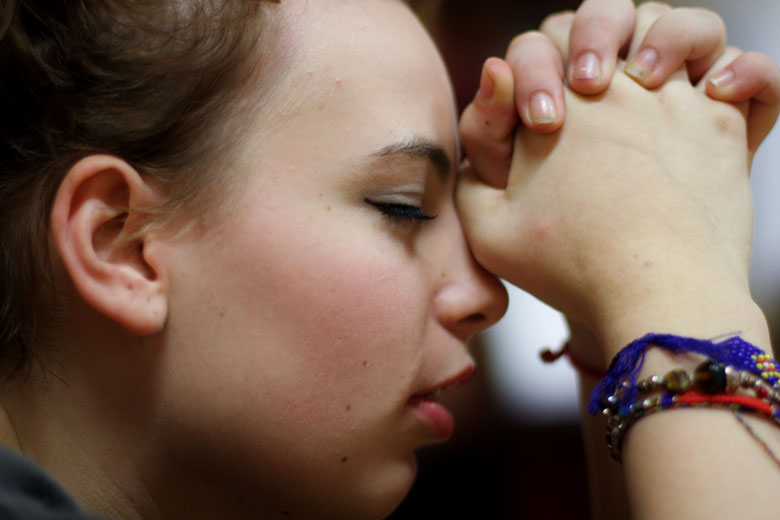
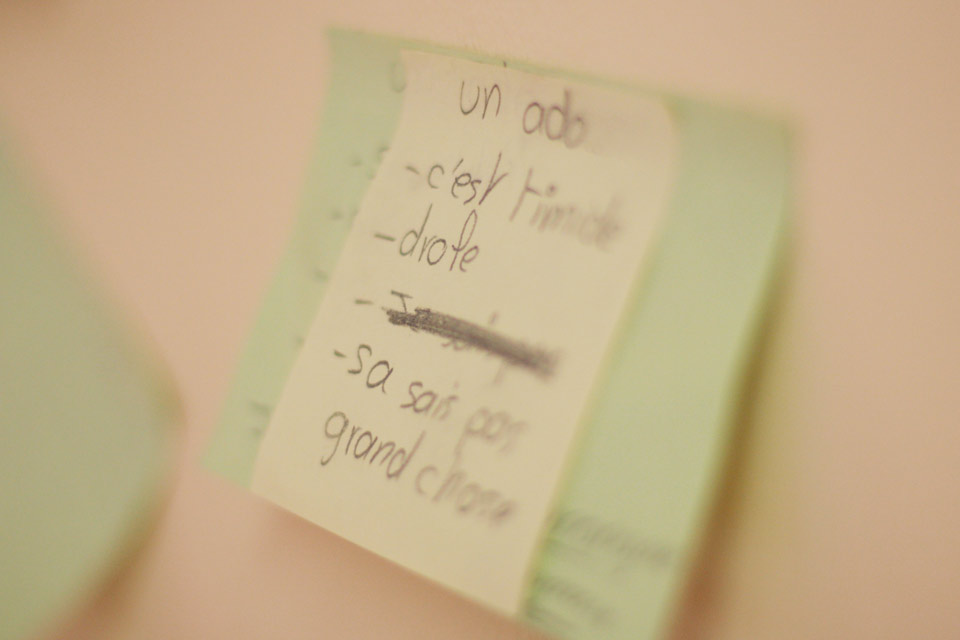
Acquiring good knowledge
First of all, there is the knowledge, fruit of our upbringing and everything we learn at school. Together, they allow us to realize a global image of the world. This acquired knowledge provides references that allow us to then make decisions by ourselves; we no longer depend on outside references. It is our upbringing that participates in the development of our intellect, how we figure things out and to be able to discern what we can pursue or what we ought to avoid. It is the starting point that lets us choose how we mature. We are our own masters, with our own inner GPS.
Learning from others
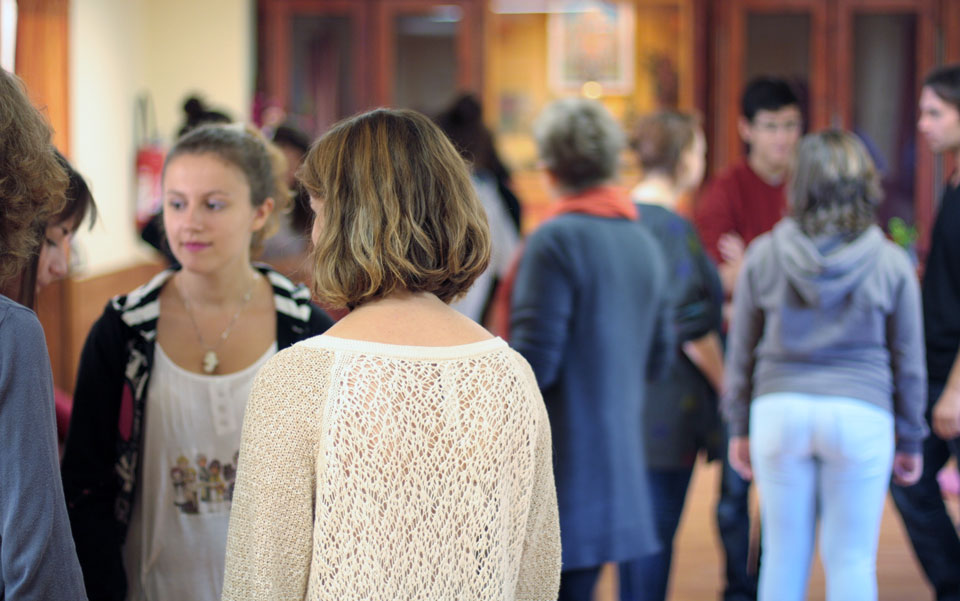
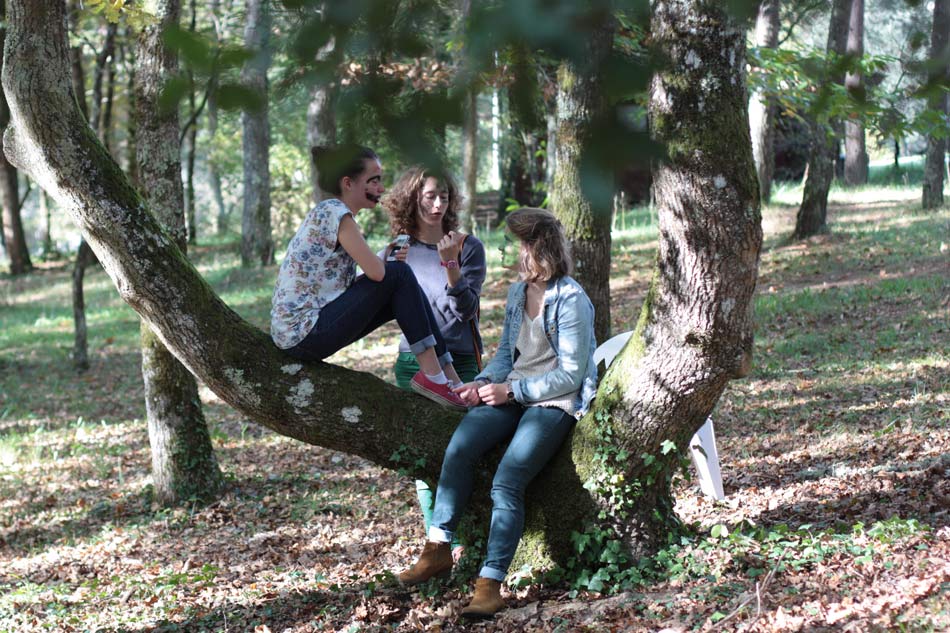
We can go into detail: some people express themselves quite aggressively, with harsh talk but their behaviour may not seem so bad. Others may not seem so bad but their behaviour or habits may be quite harmful. It is up to us to sort this out. If we try to understand why their behavior seems negative, we may find the reasons. It might be due to drugs or alcohol, or perhaps these people are under the influence of some fascination or powerful anger. There are many causes that make people act in an improper manner. So it is not useful to give in to judgements, thinking that these people are bad; on the contrary it should encourage us to simply not make the same choices.
ence, over time, we conduct our research. We see certain things that we may not understand at first, but by continuing to ask why, little by little things become clear. We decide to avoid this behavior or not. If we see someone important, who is very successful, we ask ourselves: how does he do it? What is his attitude? What does he put in place? Without that, we may be witness to nice successes or wonderful projects all the while having the impression that we will never succeed. That’s disturbing. If we go deeper into our reflection, and our inquiry of human beings, then we can see the causes and conditions that they live.
Choosing the right direction
To take an example: some young people, in order to experience intense sensations take to extreme sports, playing with the limits. Through any lack of consciousness or prudence, they go beyond the limit and have an accident, which may be very serious. So it is about observing in an open manner, without judgement. This type of situation teaches us that if we do not behave in an appropriate manner, if we do not pay attention, this could happen to us as well. The idea is to understand just how much our human body is important. We do not need to experience all sorts of dangerous things. By observing the causes and consequences without judgment, we don’t need to take extreme bodily risks as some do. In other words, we need to develop this consciousness, because without it, we too can one day go beyond the limits and have an accident ourselves.
Let’s take another example. Some people who are highly educated, make poor choices in situations which, in the end, result in homelessness. Inappropriate choices can also lead us to that. Once again, we do not judge these people, but we remain attentive to our choices. Some people are at the head of a country and one mistake can suddenly bring them down. Recently, we’ve seen this type of situation. An error for example, the misuse of money, or maybe embezzlement of funds can completely damage a career, or even a life. One mistake can completely destroy a livelihood and strip someone from renowned success, even at a national level. All these things are important because they can serve as a reference. At the beginning, it is not necessarily the case, but things come up, in light of circumstances, and something in these situations will remind us and they can be useful in our own lives. Whether it is the causes of success or the circumstances of failure, life observations are a resource for us. So this is how all of these observations are resources for us.

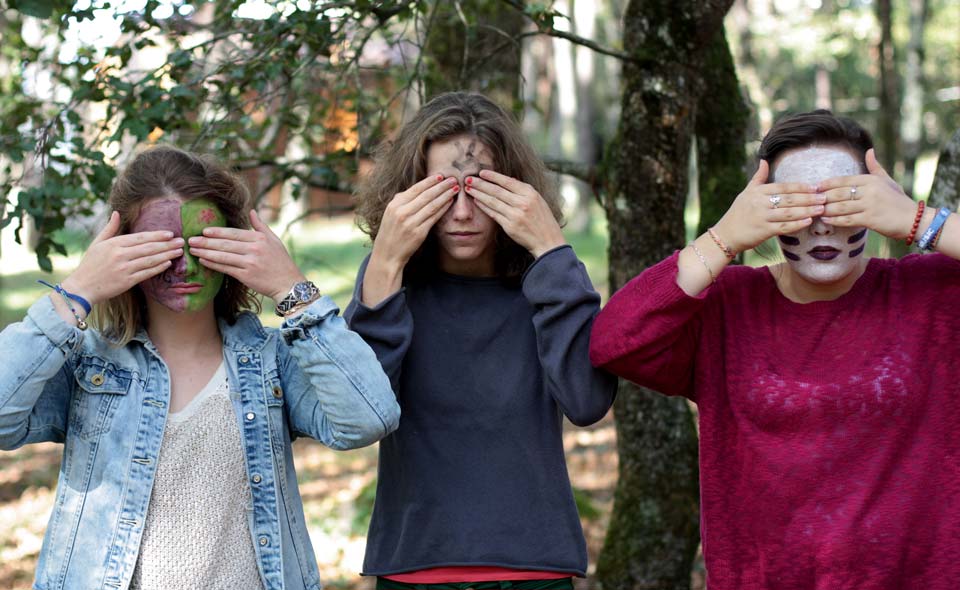
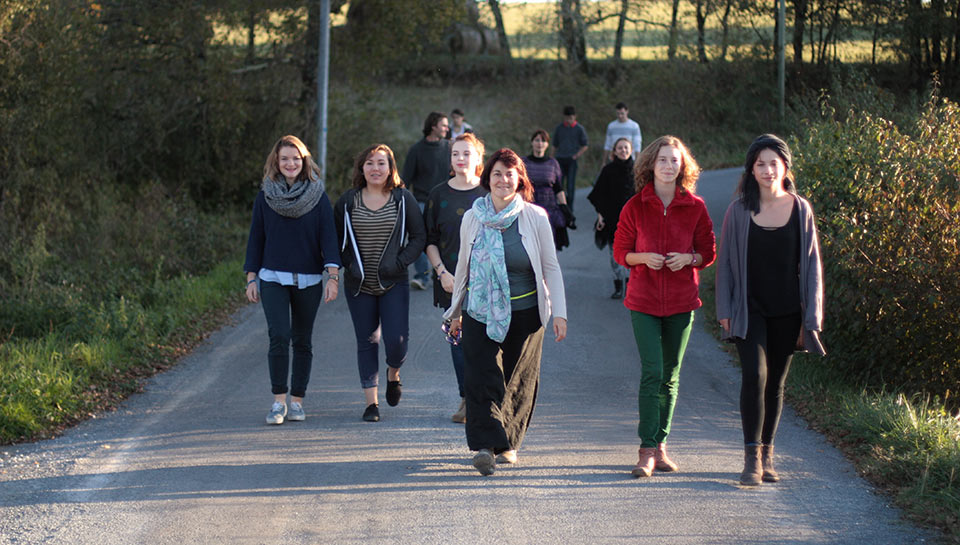
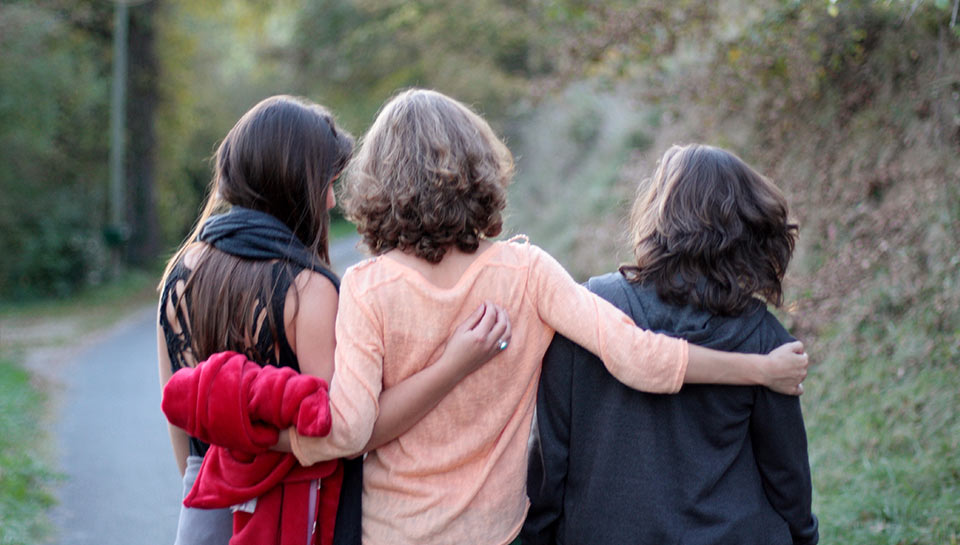
Searching for causes
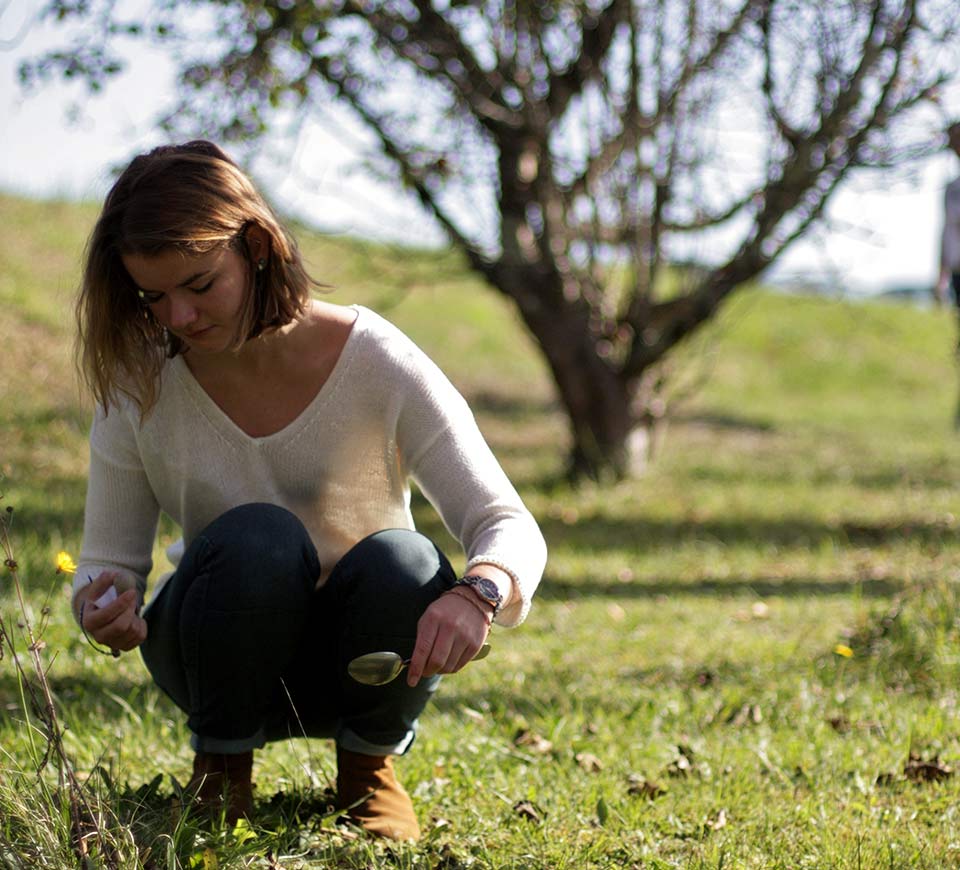
To you now, we’d like to hear your opinions, experiences and comments! So don’t hesitate!
(Discussion thread below)

